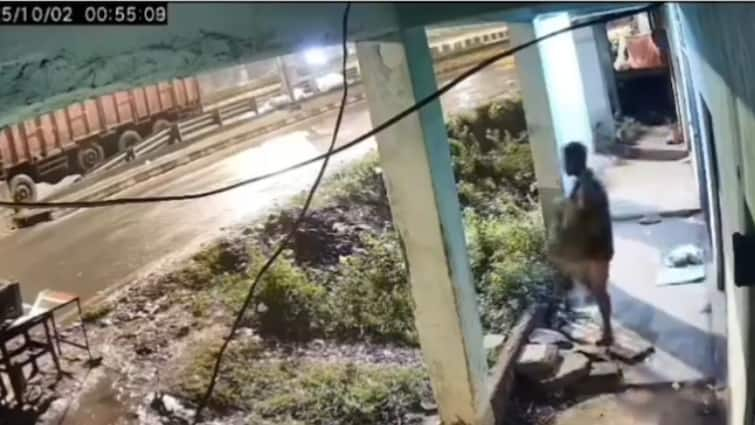Last Updated:
The latest confirmation of this comes with the arrest of Waseem Akram, a civil engineer from Palwal, who was acting as a courier and data supplier for PHC official Jaffar

(L) Waseem Akram and Jaffar. Images/News18
Top intelligence sources have exclusively confirmed to CNN-News18 that the Visa Section of the Pakistan High Commission (PHC) in New Delhi is being systematically misused as a hub for espionage, functioning as a “soft entry point” to identify, recruit, and groom vulnerable Indian nationals for intelligence work.
Recommended Stories
The latest confirmation of this modus operandi comes with the September 30 arrest of Waseem Akram, a civil engineer from Palwal, under the Official Secrets Act (OSA) and the new Bharatiya Nyaya Sanhita (BNS). Akram was acting as a courier and data supplier for PHC official Jaffar, alias Muzammil Hussain.
The Recruit–Reward–Exploit Modus Operandi
The Palwal case perfectly illustrates the PHC’s structured espionage pipeline, which exploits cross-border kinship and financial vulnerability:
Corruption as Bait: Akram’s recruitment began during his visa processing in 2022. His initial Pakistani visa was denied but later approved only after a Rs 20,000 bribe, marking the first stage of compromise.
Financial Inducement: PHC officials used corruption in visa issuance as leverage for later espionage recruitment. Handlers transferred between Rs 4-5 lakh to Akram’s Indian bank accounts, ostensibly as “visa facilitation funds”, with local cash deliveries (e.g., Rs 80,000 and Rs 1.5 lakh) and SIM handovers made in Palwal.
Intelligence Extraction: After returning from Kasur, Pakistan, Akram maintained WhatsApp contact with Jaffar, acting as a financial and logistical conduit by providing SIM cards, OTPs, and information concerning Indian Army personnel.
Institutionalised Diplomatic Abuse
This low-cost, hybrid model of espionage consistently targets individuals from border districts (Palwal, Nuh, Malerkotla) who have relatives in Pakistan, using family visit visas as emotional leverage.
The operational strategy is strikingly similar to earlier modules: PHC staffers Danish, alias Ehsan-ur-Rahim, and local assets in Malerkotla (Punjab) and Nuh (Haryana) used visa promises and digital platforms like UPI for money transfers and WhatsApp for covert communication, all to extract sensitive defence inputs.
Following earlier module busts, PHC officials like Danish and Jaffar were declared Persona Non Grata (PNG) and expelled. However, top intelligence sources note that new officials continue similar operations, suggesting an institutional sanction and continuous, adaptive human intelligence strategy by Pakistan that exploits India’s social and digital vulnerabilities. What appears as simple visa corruption is, in fact, a carefully orchestrated espionage operation.
About the Author

Group Editor, Investigations & Security Affairs, Network18
Group Editor, Investigations & Security Affairs, Network18
October 04, 2025, 16:22 IST
Loading comments…
Read More



